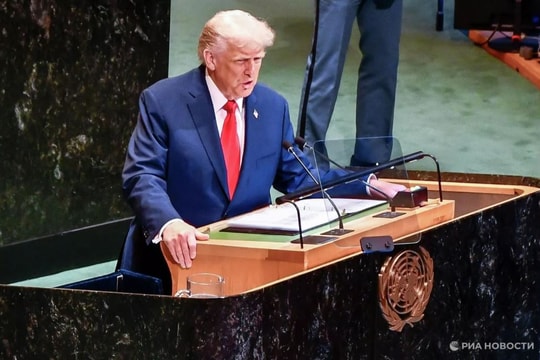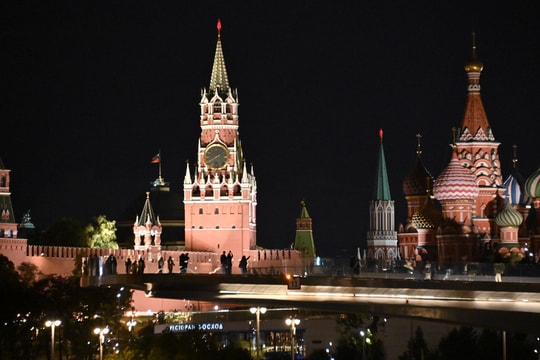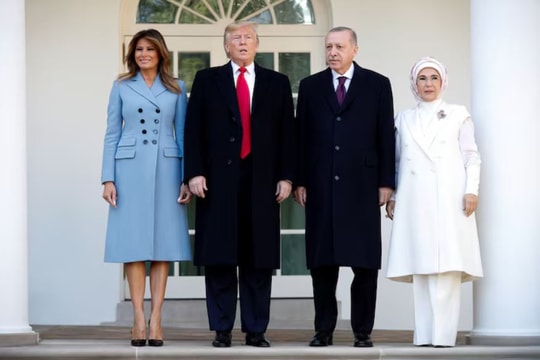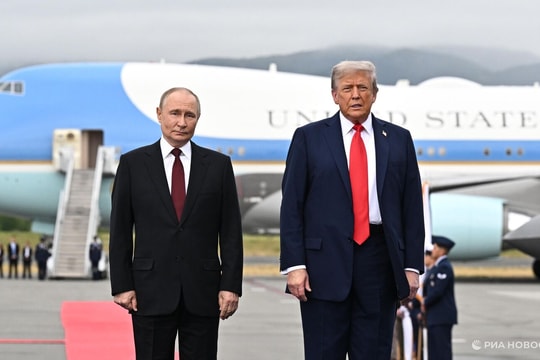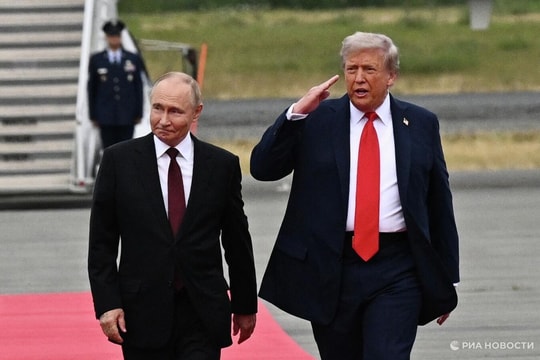Trump reaches deal with Netanyahu on Gaza, will Hamas agree to 20-point plan?
President Donald Trump announced on September 29 (US time) that he had won the support of Israeli Prime Minister Benjamin Netanyahu for a US-sponsored peace proposal to end the nearly two-year war in Gaza. However, the absence of Hamas from the negotiations and the group's previous hardline attitude are raising serious doubts about the success of this 20-point plan.
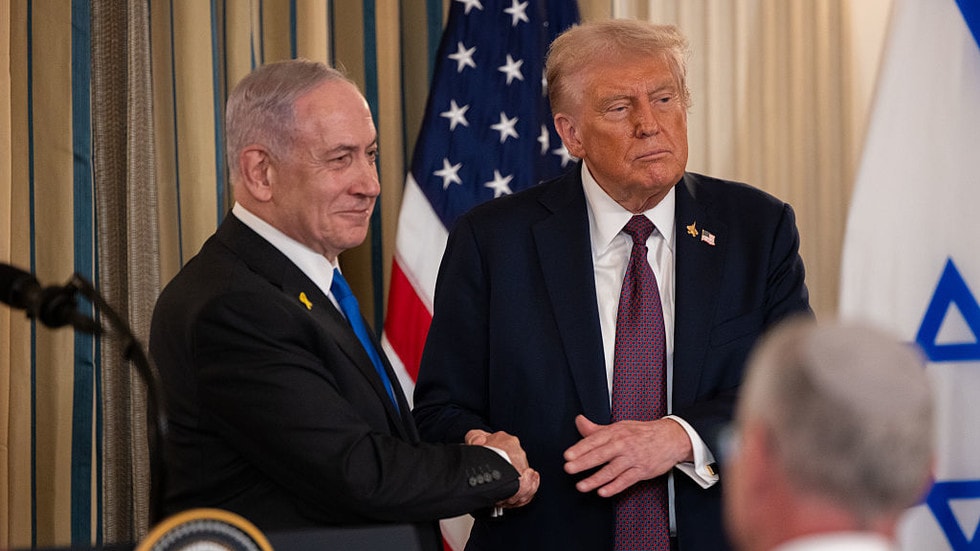
At a joint press conference at the White House after his meeting with Netanyahu, President Trump asserted that the two sides were “very close” to reaching an elusive peace deal for the Palestinian enclave. However, he also issued a blunt warning to the Islamist group Hamas: if the militant group rejects the proposal, Israel will have the full support of the United States to take any action necessary.
The 20-point document released by the White House outlines a detailed plan: demanding an immediate ceasefire, an exchange of hostages held by Hamas for Palestinian prisoners held by Israel, a gradual Israeli withdrawal from Gaza, the disarmament of Hamas, and the establishment of a transitional government led by an international body.
Prime Minister Netanyahu, who has visited the White House four times since Mr Trump returned to power in January, insisted he supported the plan because it “achieves Israel’s war objectives”: freeing all hostages, dismantling Hamas’ military capabilities, ending its political rule and ensuring that Gaza would never again pose a threat to Israel.
Despite the consensus on paper, core disagreements remain. The two biggest points of contention are the possibility of a future Palestinian state, which Prime Minister Netanyahu has firmly rejected, and the role of the Palestinian Authority (PA) in post-war governance of Gaza. According to a source close to the talks, resolving these ideological issues is key to Netanyahu accepting the full Trump initiative.
The plan outlines a vague path to a Palestinian state once Gaza’s reconstruction is underway and the Palestinian Authority implements reforms. However, it lacks details and proposes only a “limited” role for PA representatives in initially governing Gaza, a condition that Netanyahu has insisted the PA not have control of Gaza.
Hamas’s approval is clearly the “golden key” to the success or failure of this diplomatic effort. The armed group, which launched the war with an attack on October 7, 2023, still holds 48 hostages (Israel says 20 are still alive). Its absence from the negotiations and its previous refusal to disarm has created a major obstacle.
Although a Hamas official initially denied receiving the plan, an official familiar with the negotiations later confirmed that Qatar and Egypt had shared the document with Hamas. The group said it would "review it in good faith" and provide a response.
President Trump's move comes after many Western leaders formally recognized the State of Palestine at the United Nations last week, despite opposition from the US and Israel. Mr. Trump strongly criticized this recognition as a "reward" for Hamas.
Meanwhile, Prime Minister Netanyahu is facing a double whammy. On the one hand, there is growing pressure from the hostage families and a war-weary Israeli public. On the other, he risks collapsing his coalition government if far-right ministers feel he has made too many concessions.
International experts say a deal is closer, but strong "pressure" from intermediaries like Qatar on Hamas is needed, and Netanyahu must convince his security cabinet.
Drafted by Special Envoy Steve Witkoff and former Middle East adviser Jared Kushner, the US plan also includes the creation of a temporary stabilization force led by the US and its Arab and international partners to oversee security. It envisions a Palestinian technocratic committee temporarily responsible for day-to-day operations in Gaza, overseen by an international “peace council” co-chaired by Mr Trump and former British Prime Minister Tony Blair.
The long war has left much of Gaza in ruins, causing a severe humanitarian crisis, with more than 66,000 Palestinians killed, according to Gaza's health ministry. The US-Israeli consensus is a strong diplomatic step forward, but the Hamas "calculus" and ideological differences remain the deciding factor for the fate of peace in Gaza.

